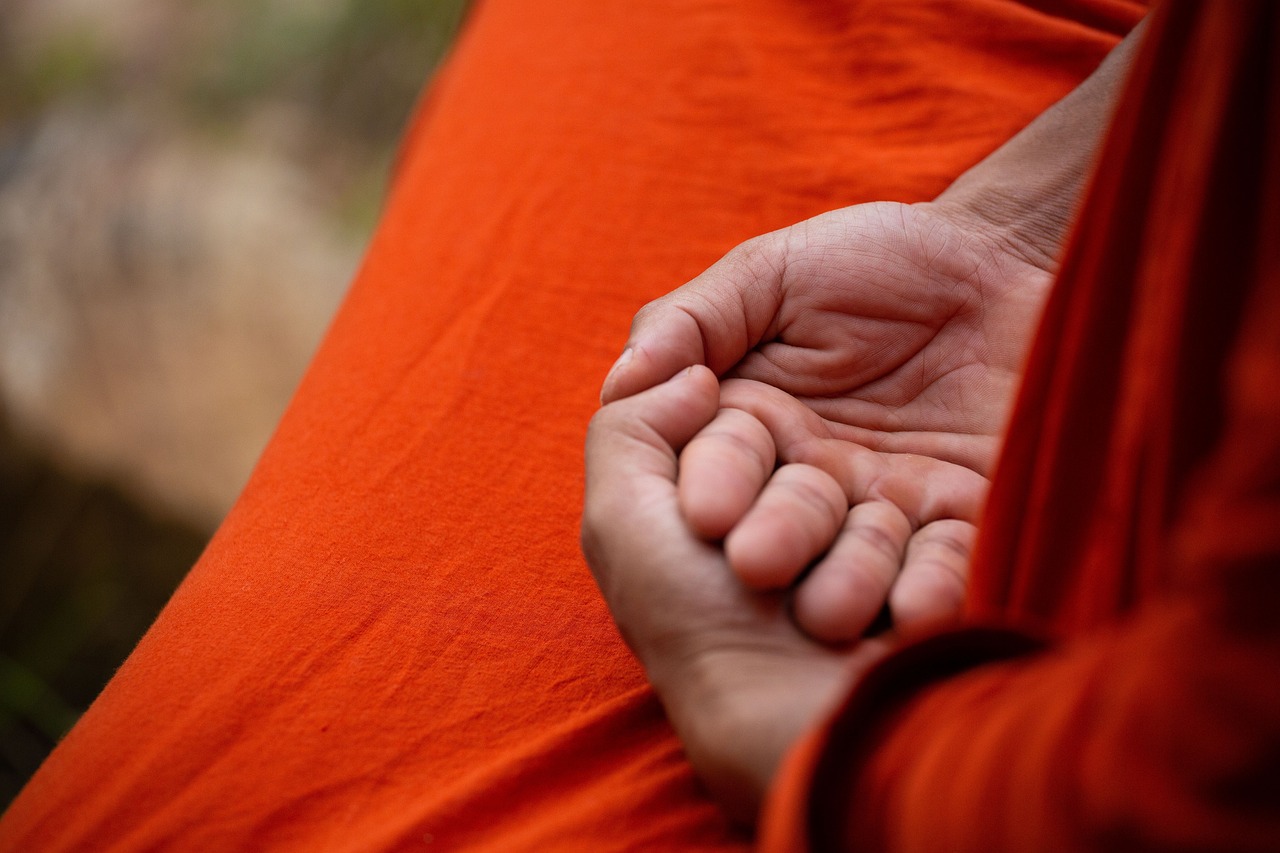Sri Lanka’s Shift in Power: A New Era for the Left-Leaning Coalition
In a historic turn of events, President Anura Kumara Dissanayake’s National People’s Power (NPP) coalition appears set for a significant victory in Sri Lanka’s snap parliamentary elections. Preliminary results indicate that the NPP has secured 141 seats, edging closer to the 150-seat threshold necessary for a majority in the 225-member parliament. This election is pivotal for Dissanayake, who took office in September, as he aims to fulfill his promises of combating corruption and restoring stability following the country’s severe economic downturn.
Key Issues and Voter Sentiment
The elections were largely influenced by pressing concerns such as the high cost of living, which weighed heavily on voters’ minds. Analysts anticipated strong performance from the NPP, yet the extent of their victory remained uncertain. Dissanayake’s previous party, Janatha Vimukthi Peramuna (JVP), held merely three seats in the outgoing assembly, highlighting the transformative potential of this election.
Dissanayake emphasized the significance of this electoral process, suggesting it could signal a turning point for Sri Lanka. In his view, there was little value in maintaining a parliament that did not reflect the people’s will. The political landscape has shifted dramatically; nearly two-thirds of former lawmakers opted not to contest again, including notable figures from the previous ruling Rajapaksa family.
Economic Challenges and Public Sentiment
Sri Lanka is still grappling with economic challenges stemming from high inflation and shortages of essential goods. The ousting of former President Gotabaya Rajapaksa last year marked a critical moment in Sri Lanka’s political climate. His successor, Ranil Wickremesinghe, managed to secure a $3 billion bailout package with the International Monetary Fund (IMF), yet many citizens remain disillusioned.
A garment factory worker expressed frustration over ongoing financial struggles, stating that daily needs are still unmet despite political changes. The World Bank reports that 25.9% of Sri Lankans now live below the poverty line, with projected economic growth at just 2.2% for 2024.
The discontent with established parties has significantly benefited Dissanayake’s left-leaning agenda, which advocates for increased state intervention and lower taxes. His recent election marked him as the first president elected with less than 50% of the vote, signaling a shift in voter priorities.
Looking Ahead: Challenges for the New Coalition
As Dissanayake’s coalition prepares to take office, it faces immense pressure to deliver on its campaign promises amid a precarious economic situation. Observers note that strong opposition fragmentation may work to their advantage; however, how they manage these challenges will be crucial for their governance.
The focus now turns to how effectively this new government can address urgent public needs while navigating complex economic realities. The path forward requires adept leadership and decisive action to restore faith among citizens looking for tangible improvements in their lives.


